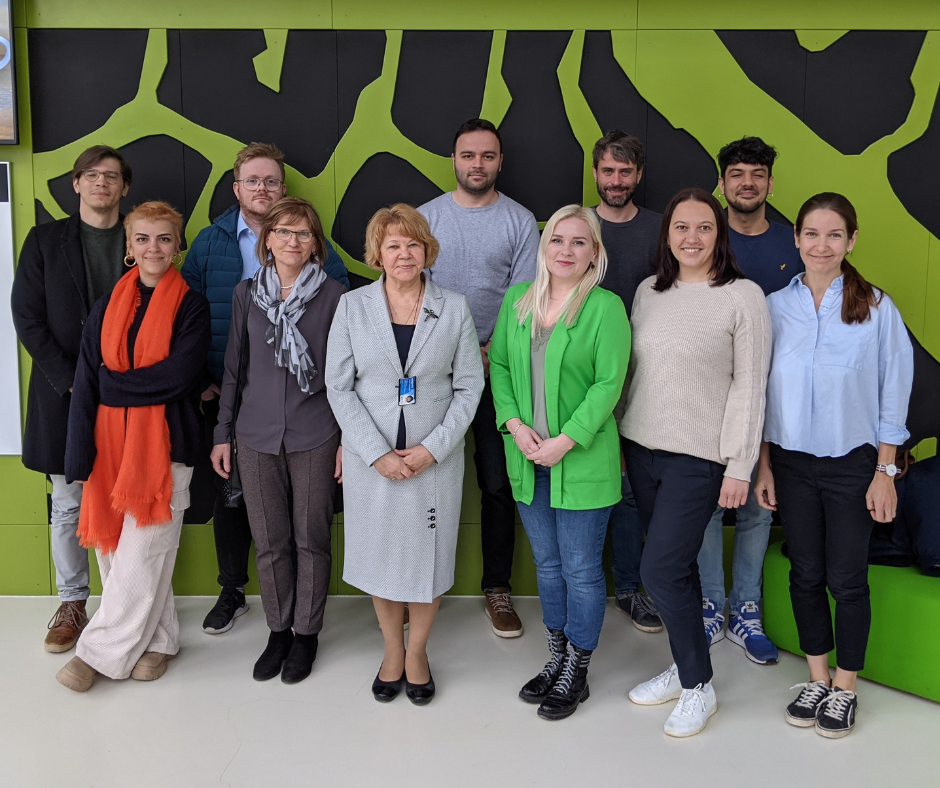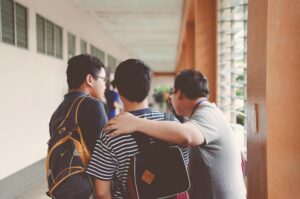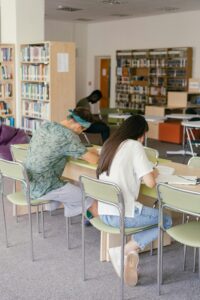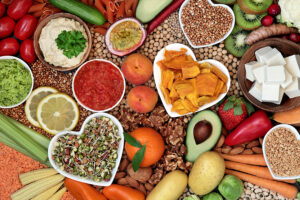Our first newsletter introduces the EduNUT project “Futures Literacy on Food, Nutrition and Sustainable Food Systems for School Education” and shares highlights from the kick-off meeting in Estonia and project meeting in Iceland.
The project brings together partners from six countries (Estonia, Poland, Greece, Italy and Iceland) with the aim of empowering teachers and students in secondary education to become critical thinkers and responsible food consumers.
Discover how EduNUT is developing innovative educational tools and resources—such as good practices, case studies, and a food sustainability lexicon—to support a green transition in Europe’s food systems.
You can download the full newsletter here!
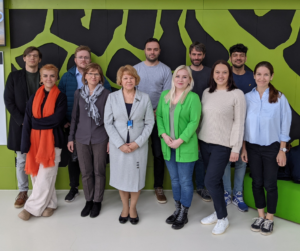
Kick-off in Tallinn, Estonia, 30-31 March 2023

